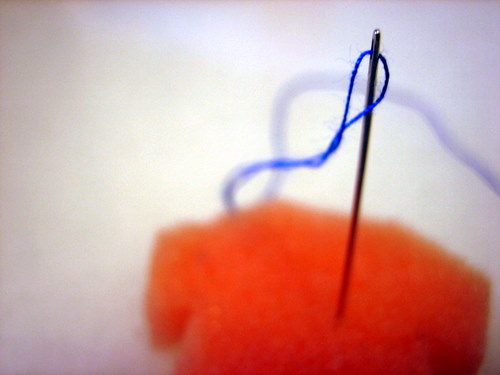i don’t know who my friends are, their names keep changing. as if geometry had texture, textures, the world bleeding into the horse from above. i move an emotion before the court. the judge is a series of bevelled cornices. each layer lapping over the one beneath it, though with a slightly growing splay. embrasures obscuring our inview. we never realised we were targets till directions began traversing us. the vines encoil the story. their forms repeat for instruction. and yet people are agitating for more stable conditions for artists, demanding pay for work, as if the wage was ever actually coupled to labour. how all these things exist at once. the relief is that not all elements in a scene have to occupy the same depth. i think of my mother working in the doctors’ surgery. at christmas time, we would go to the doctors’ houses overlooking the rivers. we would play with their angular, glistening children like equals. in the evening in the surgery, my mother was tasked with sterilising the sharps used to give vaccinations and take blood samples. she wasn’t really trained in this kind of work, nor did she receive extra pay for it, but it was convenient for the doctors. at the time her eyesight was deteriorating rapidly. she needed new prescriptions for her glasses every year or so, which far outstripped her financial capacity. regularly, whilst cleaning the sharps in the little device in the back room, a kind of silver cupboard, a cross between a safe, a dishwasher and an industrial fridge, she would give herself needlesticks. usually she wouldn’t tell us, so as not to cause us worry. before quietly getting a blood test, she would mentally scroll through the patients who had been in that day, cross-referencing their names with the communicable diseases she knew them to have or not, and the procedures they had had on that particular day. by way of this information she would assess the likelihood of a particular virus being present on the needle that had stuck her. needlestick is a beautiful word. as if someone got mixed up translating stecknadel. grabbed the word by the wrong end. a little outbreak of germanism in the mother’s tongue. and i think of the little red pin cushion my mother had for sewing. worn like a wrist-watch. the lips a line of tension, punctuated by the spines. of course needlestick is actually a code for hiv, hepatitis. the action stands for the communication, the image for the message. how all these things occupy one plane, relentlessly. i guess it’s a crudely morrisian position, but do we really get to have art yet? all these shattered histories written on the tongue with a horsehair brush, impeding our speech. i can hear it all in the background, where we’re standing. we all move forward together. our din demands our attention. there’s no way out. there’s always been a mouth in denial. i ask if you’d like to remove my teeth, just dig around them gently with the pin, hugging the roots. the depressions are only shady in the plate, in the print they become the light. then everyone has to turn around. in the print it’s the king who starts to hunger, the doctor who waits. the north is pressed through the floor of the south. bones stand remorseless on the blissful, slumbering babes.
Read the rest of Overland 234
If you enjoyed the results of this prize, buy the issue




